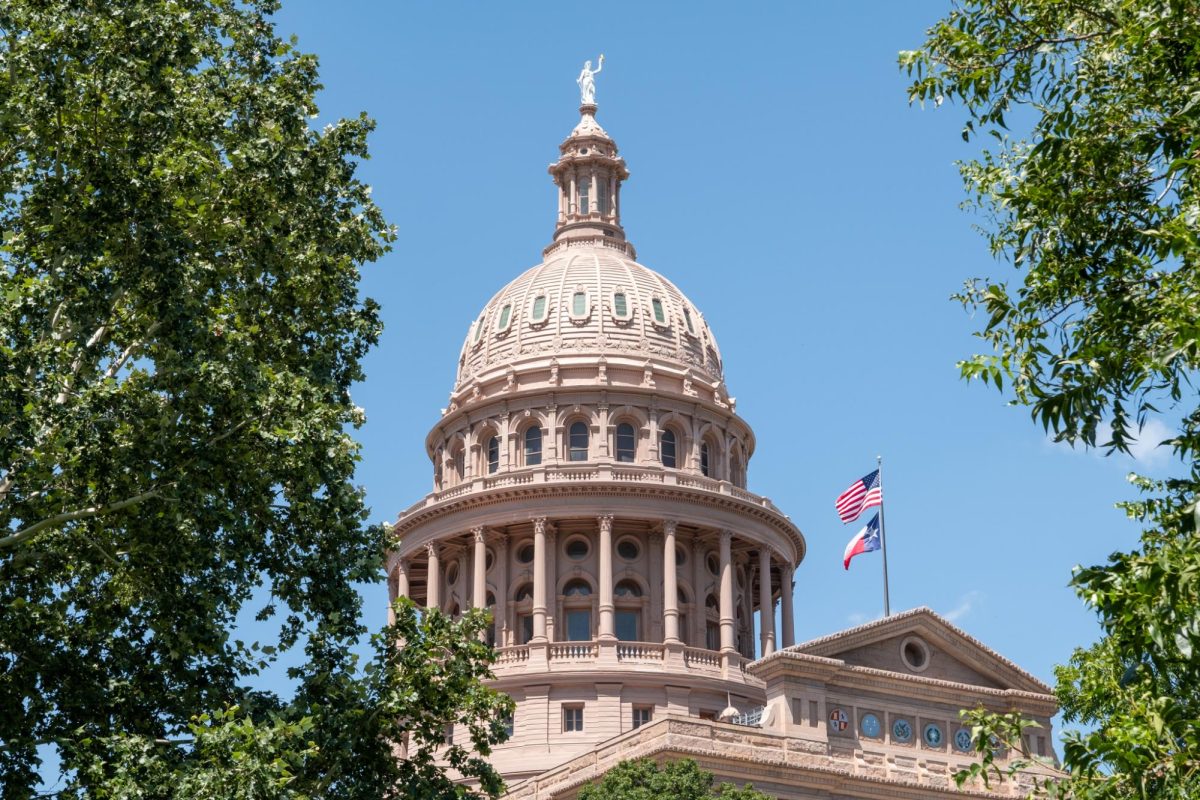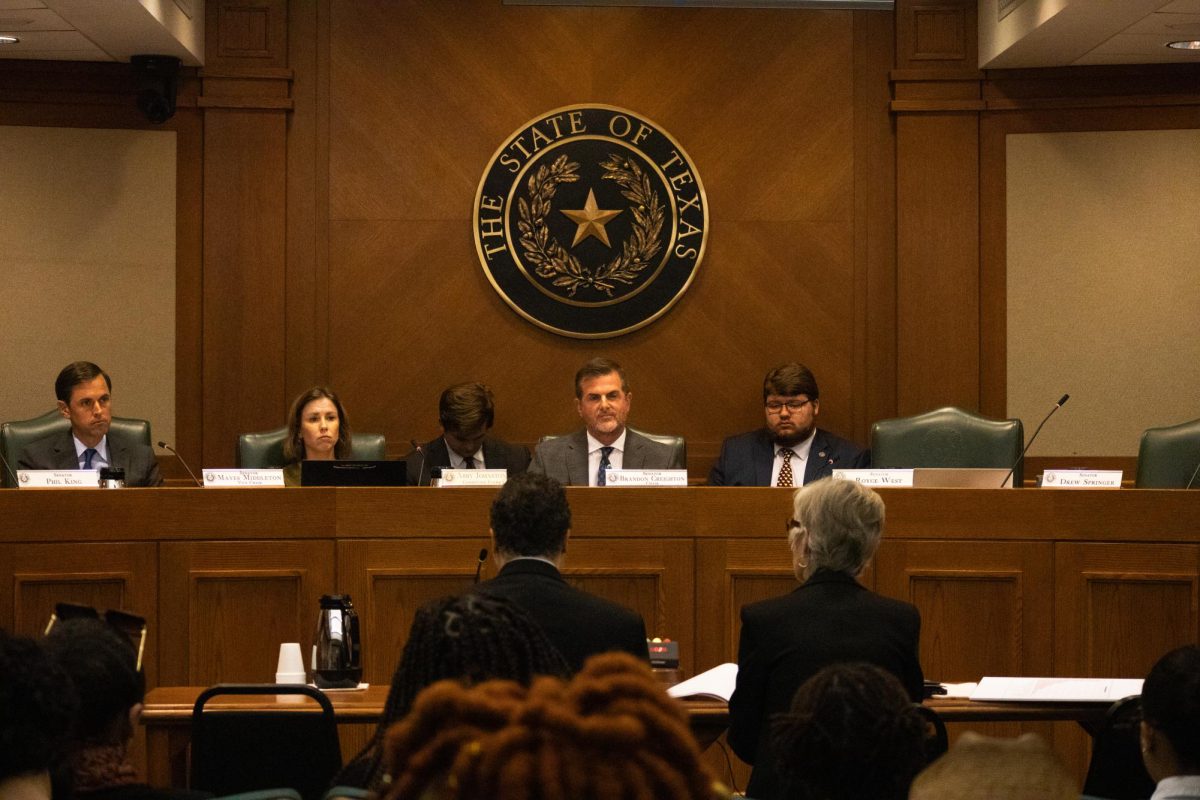In a 22-page letter accompanied by 97 pages of notes made public Monday, UT System Chancellor Francisco Cigarroa responded to requests for System-related information made by the House committee investigating Regent Wallace Hall.
Committee co-chairs, state Reps. Carol Alvarado, D-Houston, and Dan Flynn, R-Canton, sent a letter to Cigarroa in December outlining the committee’s intention to continue monitoring the System. The House Transparency in State Operations Committee requested a variety of information, including any open-records requests that regents or System employees plan to file in the foreseeable future.
The transparency committee is trying to determine whether Hall overstepped his duties as a regent and whether he should be recommended for impeachment. Hall filed open-records requests with the University for more than 800,000 pages of information, though, in his letter, Cigarroa said the System believes fewer than 100,000 pages were actually provided to Hall.
Regents and System employees have made 10 requests since the committee submitted its supervision plan to the System, according to documents included in Cigarroa’s letter. Hall made seven of the 10 requests.
At one Board of Regents meeting in October, board Chairman Paul Foster said he would recommend a new screening process for regent information requests before the next regent meeting in November.
According to Cigarroa, Foster’s recommendations include a clarification to existing language detailing the board’s authority and duties. The recommendations also mandate the establishment of a UT System email address for each regent, which they will be encouraged to use for all exchanges involving a discussion of policy or UT business, rather than using their personal email addresses.
Cigarroa also responded to the committee’s request for an outline of the actions taken by the System to “prevent the mishandling of confidential student information.” Cigarroa said the Office of the General Counsel is in the process of drafting policies to guide the System and its institutions in complying with federal privacy laws.
At one committee hearing in November, UT System lawyers testified Hall was mistakenly given access to private student information — possibly in violation of federal privacy laws — which lawyers say he subsequently shared with his private attorney. Francie Frederick, general counsel to the board, said regents can have access to protected information if they have an educational purpose.
“In this case, the documents were inadvertently included by UT-Austin because there had been a continuous request not to send Regent Hall anything that was [protected],” Frederick said. “It had not been determined in advance that he had a legitimate educational interest.”
In a report released in January, private legal counsel representing the UT System concluded there was “no credible evidence” that Hall violated a state law regarding the protection of confidential information.
Rusty Hardin, general counsel to the committee, is in the process of compiling a report on behalf of the committee.


















